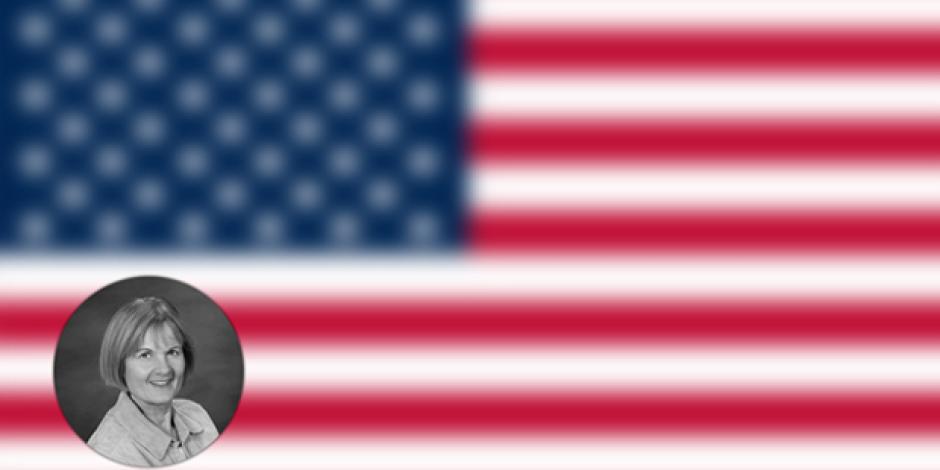During a recent trip to Berlin, my mind flashed back to my first visit to that city. It was in 1973, when I to be backpackingauf Rucksacktour seinwas backpacking through Europe. I stayed in the youth hostelJugendherbergeyouth hostel in West Berlin, but I also to venturesich trauen, sich wagenventured into East Berlin for a day.
Having grown up in the US during the Cold War, I wanted to see for myself what communists looked like. Our teachers, parents, and government had portrayed all residentBewohner(in)residents of the Eastern Bloc as evil monsters. By 1973, though, the era of the Vietnam War and the Watergate scandal, I had become increasingly distrustfulmisstrauischdistrustful of the US government.
In Berlin’s East, I found nearly desertedmenschenleerdeserted streets and empty shelves in stores — a big contrast to the bright lights and commercialism of the West. I pictured myself as a character in a spy novel, to peerspähenpeering around corners, keeping a lookout for the secret police. At one point, I was to approachhier: ansprechenapproached by a young couple who said they wanted to practice their English. As we discussed life in East Berlin, they had nothing but good things to say about their city.
I was fairly certain that these two were agents of the government and trained in propaganda
After listening to them for a few minutes, I asked, “But if it’s so wonderful, why do you need a wall to keep people here?” The woman explained that the wall was there to keep people out, not in. Everyone in the West had been to corruptverderben, korrumpierencorrupted by capitalists, she said, and would be a bad influence on the East Berliners. I was fairly certain that these two were agents of the government, trained in propaganda and sent out to convince young visitors from the West of the gloryRuhm, Herrlichkeitglories of the East.
Wir beleuchten regelmäßig britisches und amerikanisches Leben in Deutschland. Mehr über britische Expats in der Bundesrepublik erfahren Sie auch im Magazin von Babbel, unserem Kooperationspartner für dieses Thema.
My next visit to Berlin was in October of 1989, shortly before the fall of the wall. On my way to Checkpoint Charlie for another visit to the East, I bought a T-shirt with the words “You are now leaving the American sector” in German, English, Russian, and French. When the East German border guardGrenzposten, -soldatborder guards found the shirt in my bag, they quickly sent me to a detention roomArrestzelledetention room. Two American students — one wearing a shirt with tour dates of a band from the West, and the other with postcards of wall graffiti — were also there. They were nervous, telling me that they feared being sent to a Siberian labor camp, never to be seen again. I calmed them down, explaining that the guards’ job was simply to to intimidateeinschüchternintimidate us. Sure enough, a guard appeared after some time and let us go, as long as we agreed to to depositdeponierendeposit our “contrabandSchmuggelware, verbotene Warecontraband” in the West, he said.
During my visits to Berlin between 1973 and today, I’ve seen dramatic changes. Standing in the Sony Center on Potsdamer Platz, it’s hard to remember the complete wastelandEinöde, Ödlandwasteland that it was during the Cold War. Unter den Linden, Brandenburger Tor, Alexanderplatz — places that were nothing to look at before 1989 — are busy showcaseVorzeigeprojektshowcases today. I feel very lucky to have seen so many different faces of Berlin.
Das Spotlight Sprachmagazin
Die Welt spricht Englisch: Sprechen Sie mit! Mit dem Spotlight Magazin verbessern Sie Ihren englischen Wortschatz kontinuierlich und erfahren zudem Wissenswertes aus der englischsprachigen Welt. Jetzt mehr erfahren!




